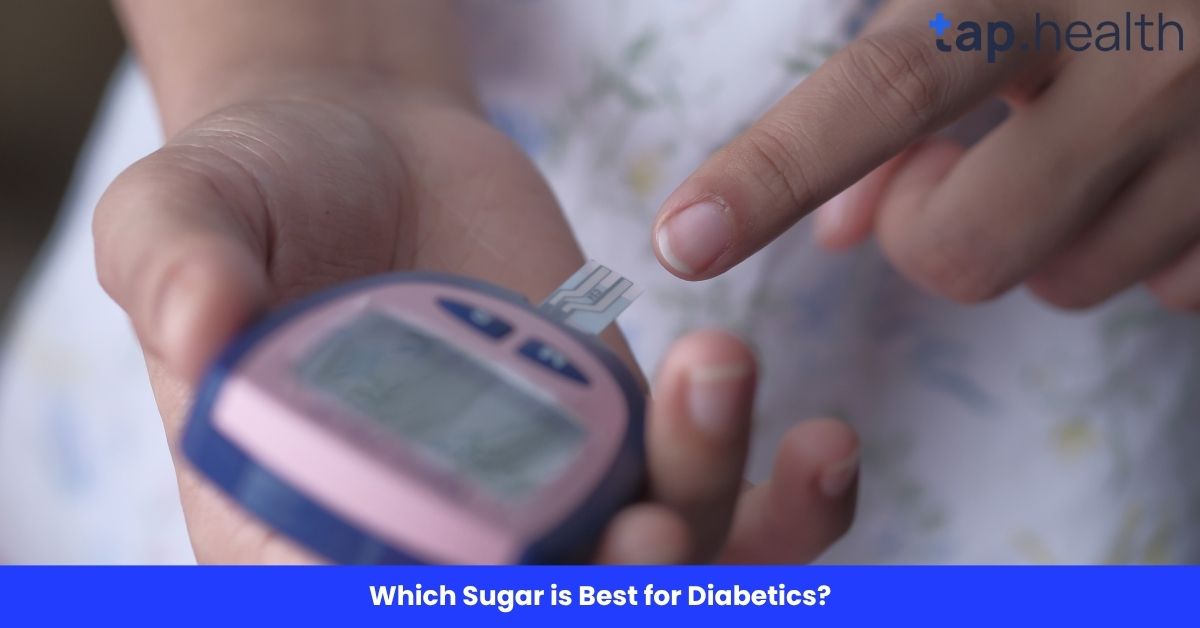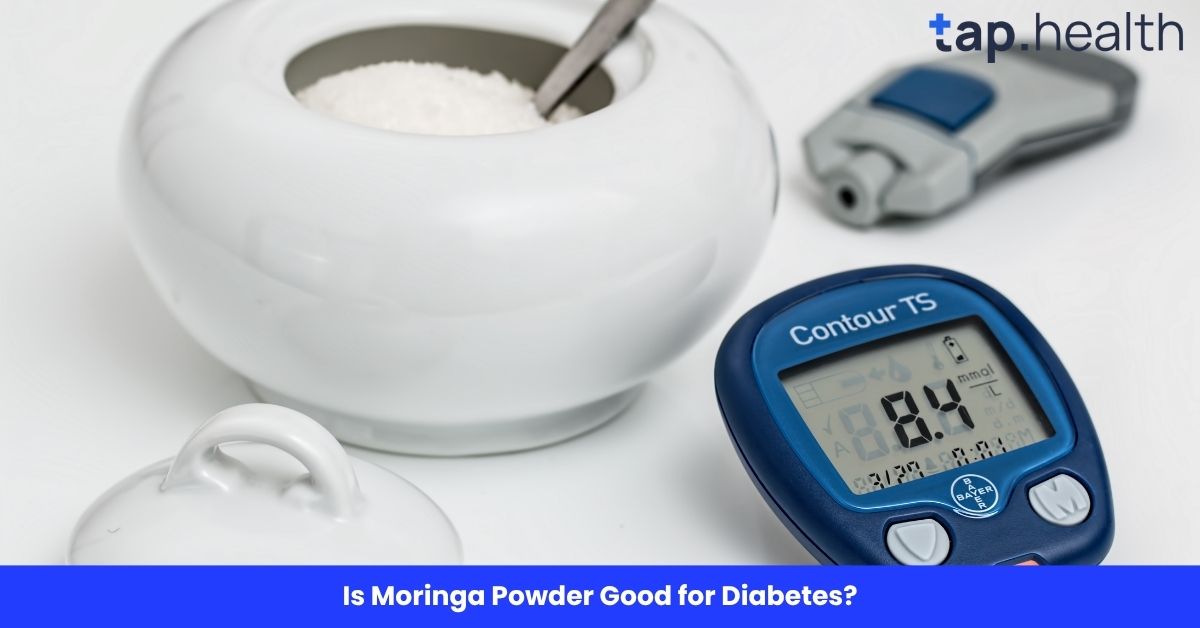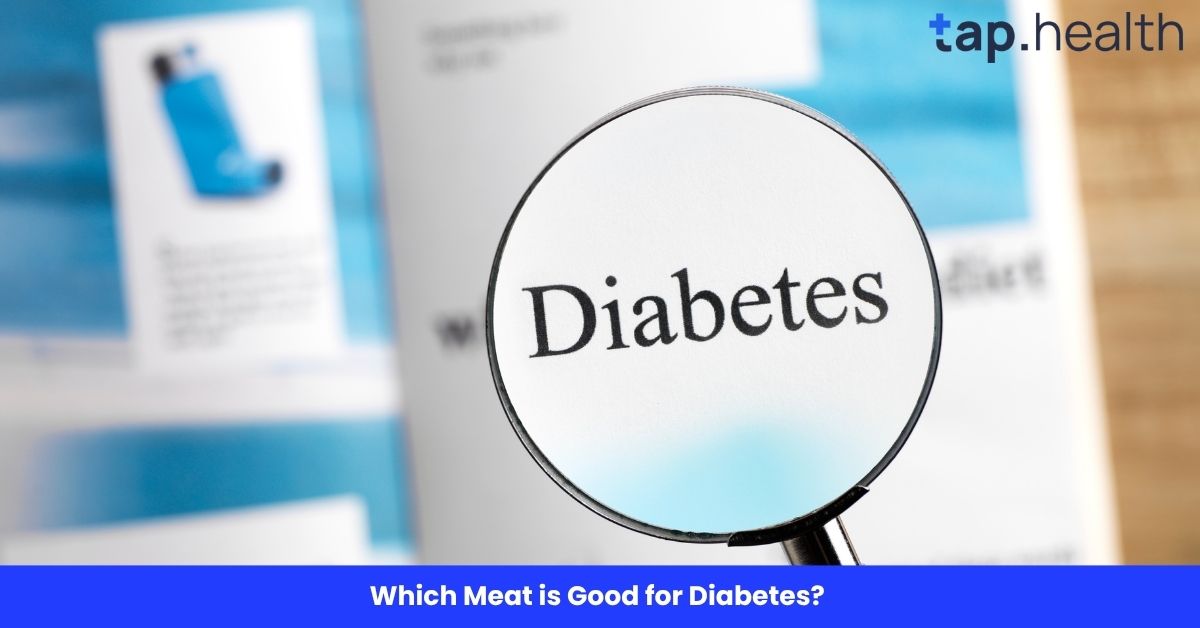Pregnancy is a beautiful and transformative experience, but it comes with many changes in a woman’s body. One question that often arises during this time is whether pregnancy can cause swollen glands. Swollen glands, also known as swollen lymph nodes, are a common health concern, but their presence can sometimes cause worry, especially during pregnancy.
So, can pregnancy cause swollen glands? The answer is yes—pregnancy can lead to swollen glands for a variety of reasons. However, it’s important to understand the causes, when it’s normal, and when it might indicate something that needs medical attention.
In this detailed guide, we’ll explore why swollen glands may occur during pregnancy, how to manage them, and when to seek medical advice.
What Are Swollen Glands?
Swollen glands, also known as swollen lymph nodes, are often a sign that your body is fighting off an infection or that something in your body is causing inflammation. The lymphatic system, which consists of lymph nodes and vessels, plays a critical role in the immune system by helping to fight infections and protect the body from harmful substances.
What Do Swollen Glands Look Like?
Swollen glands usually appear as lumps or bumps under the skin. They may feel tender or sore when touched and can be located in areas like the neck, armpits, and groin. Typically, swollen lymph nodes are small and oval-shaped, but when swollen, they may become larger, rounder, and sometimes hard or firm.
Swollen lymph nodes are not always a cause for concern and can be due to several benign reasons, including infections or inflammation. However, when they appear unexpectedly or persist, it’s important to understand their potential causes, especially during pregnancy.
Can Pregnancy Cause Swollen Glands?
Yes, pregnancy can cause swollen glands. However, the reasons behind swollen lymph nodes during pregnancy are not always directly related to pregnancy itself but rather to changes in the immune system and other common pregnancy-related factors. Here are some common causes of swollen glands during pregnancy:
1. Immune System Changes During Pregnancy
Pregnancy causes many changes to your immune system to protect both you and your developing baby. These changes can make your immune system more sensitive, leading to increased inflammation and, in some cases, swollen lymph nodes.
- During pregnancy, the immune system is slightly suppressed to prevent the body from rejecting the developing baby. However, this doesn’t mean that you’re completely defenseless against infections or inflammation.
- A more sensitive immune system can lead to swollen lymph nodes, especially if your body is fighting off minor infections, common illnesses, or even stress.
2. Infections and Illnesses
One of the most common reasons for swollen lymph nodes, both during pregnancy and outside of it, is infection. Pregnancy doesn’t make you immune to colds, flu, or other infections, and these can lead to swollen glands.
- Viral Infections: Infections like the flu, common cold, or viral upper respiratory infections can cause the lymph nodes in the neck to swell. During pregnancy, these infections may be more frequent due to changes in your immune system.
- Bacterial Infections: Bacterial infections, such as strep throat or skin infections, can also cause swollen lymph nodes. It’s important to address bacterial infections quickly, as they can sometimes cause complications if left untreated during pregnancy.
- Dental Infections: Pregnancy can also make women more susceptible to dental issues, such as gum disease or tooth infections, which can lead to swollen lymph nodes near the jaw and neck.
3. Pregnancy-Related Hormonal Changes
Hormonal fluctuations during pregnancy can affect many aspects of your body, including your immune system. Changes in hormones like estrogen and progesterone can lead to fluid retention and slight swelling in various parts of your body, including the lymph nodes.
- Estrogen can increase the volume of blood in your body, which may contribute to temporary swelling in the lymph nodes.
- Hormonal shifts in early pregnancy can also cause sensitivity in your lymphatic system, which can lead to mild, temporary swelling.
4. Increased Blood Flow and Circulation
Pregnancy increases blood flow throughout your body to support the growing baby. As the volume of blood circulating in your body increases, your lymphatic system may experience some temporary changes. This can result in swollen glands, especially in areas where lymph nodes are clustered.
- The increase in blood volume can cause mild, non-painful swelling of the glands, particularly in the neck or under the arms.
- Swelling from increased blood flow tends to be temporary and often resolves as your body adjusts to the changes during pregnancy.
5. Allergies and Environmental Factors
Pregnancy can also make some women more sensitive to environmental factors such as pollen, dust, or pet dander. Allergic reactions can trigger inflammation in the body, which may result in swollen lymph nodes.
- If you’re experiencing swollen glands and suspect that allergies might be the cause, pay attention to other allergy-related symptoms such as sneezing, runny nose, or itchy eyes.
- It’s important to note that some medications commonly used to treat allergies may not be safe during pregnancy, so it’s best to consult your healthcare provider before using any over-the-counter allergy medications.
When Should You Be Concerned About Swollen Glands During Pregnancy?
While swollen glands during pregnancy are often harmless and temporary, there are situations where you should consult a doctor. If your swollen glands are accompanied by any of the following symptoms, it’s important to seek medical advice:
1. Pain or Tenderness
If the swollen glands are painful, it could be a sign that there’s an underlying infection, such as a viral or bacterial infection. A healthcare provider can assess whether antibiotics or other treatments are needed.
2. Fever or Chills
If swollen glands are accompanied by a fever or chills, this could indicate an infection that needs medical attention. Infections like the flu or strep throat can cause swollen lymph nodes and should be treated promptly, especially during pregnancy.
3. Persistent Swelling
If your lymph nodes remain swollen for more than a couple of weeks or continue to enlarge, it’s important to seek medical attention. Persistent swelling can sometimes be a sign of a more serious issue, such as a chronic infection or an immune system disorder.
4. Unexplained Weight Loss or Night Sweats
Unexplained weight loss, night sweats, or other systemic symptoms along with swollen glands should be evaluated by a healthcare provider. These could be signs of a more serious health condition, such as lymphoma or another type of cancer, although such cases are rare during pregnancy.
5. Difficulty Breathing or Swallowing
If swollen glands are causing difficulty swallowing, breathing, or discomfort in the throat, it could indicate a more serious infection that requires medical attention.
How to Manage Swollen Glands During Pregnancy
If you’re experiencing swollen glands during pregnancy, there are a few things you can do to manage the discomfort and help your body heal.
1. Rest and Hydration
Getting plenty of rest and drinking lots of water can help your body fight off infections and reduce inflammation. Staying hydrated helps maintain healthy lymphatic function and can aid in reducing swelling.
2. Use Warm Compresses
If swollen glands are tender or painful, you can apply a warm compress to the affected area. A warm washcloth can provide gentle relief and help reduce inflammation.
3. Over-the-Counter Pain Relief (With Caution)
If your swollen glands are causing mild discomfort, you may be able to use over-the-counter pain relievers like acetaminophen (Tylenol). However, it’s essential to avoid medications such as ibuprofen or aspirin during pregnancy unless advised by your healthcare provider.
4. Consult Your Healthcare Provider
If you’re concerned about swollen glands during pregnancy, it’s best to consult your doctor or midwife. They can determine whether the swelling is due to a minor infection or something more serious, and they can recommend the most appropriate treatment for you and your baby.
Can Swollen Glands During Pregnancy Affect Your Baby?
In most cases, swollen glands during pregnancy do not pose a direct risk to the baby. However, if the swollen glands are caused by an infection, it’s essential to treat the infection promptly to avoid complications. For example, untreated strep throat or other bacterial infections could pose a risk to the baby if left unaddressed.
If you’re experiencing any symptoms that concern you, don’t hesitate to reach out to your healthcare provider for reassurance and guidance.
FAQ on Can Pregnancy Cause Swollen Glands?
Can pregnancy cause swollen glands?
Yes, pregnancy can cause swollen glands due to hormonal changes, increased blood flow, and sensitivity in the immune system. Infections or allergic reactions can also contribute to swollen lymph nodes during pregnancy.
Are swollen glands during pregnancy dangerous?
In most cases, swollen glands during pregnancy are not dangerous and are a normal response to minor infections or changes in the immune system. However, if swelling persists or is accompanied by fever, pain, or other concerning symptoms, you should consult your doctor.
How can I treat swollen glands during pregnancy?
You can manage swollen glands by resting, staying hydrated, using warm compresses, and consulting your healthcare provider for pain relief options. It’s essential to get medical advice if the swelling is persistent or painful.
When should I be concerned about swollen glands during pregnancy?
You should be concerned if the swollen glands are painful, accompanied by fever, weight loss, or night sweats, or if the swelling doesn’t go away after a couple of weeks. In such cases, it’s important to consult your doctor.
Can swollen glands during pregnancy affect the baby?
In most cases, swollen glands do not affect the baby directly. However, infections that cause swollen glands should be treated promptly to prevent any potential risks to your pregnancy.
Conclusion
Swollen glands during pregnancy are common and typically harmless, caused by hormonal changes, mild infections, or other pregnancy-related factors. While they usually resolve on their own, it’s essential to monitor your symptoms and consult your healthcare provider if you experience persistent or concerning swelling. By understanding the potential causes and knowing when to seek help, you can manage swollen glands effectively during pregnancy, ensuring both your health and the health of your baby.



